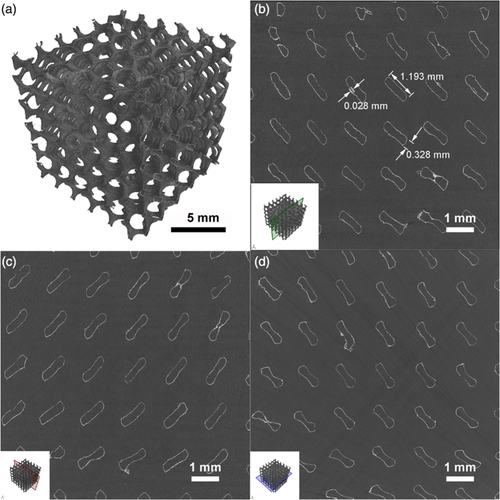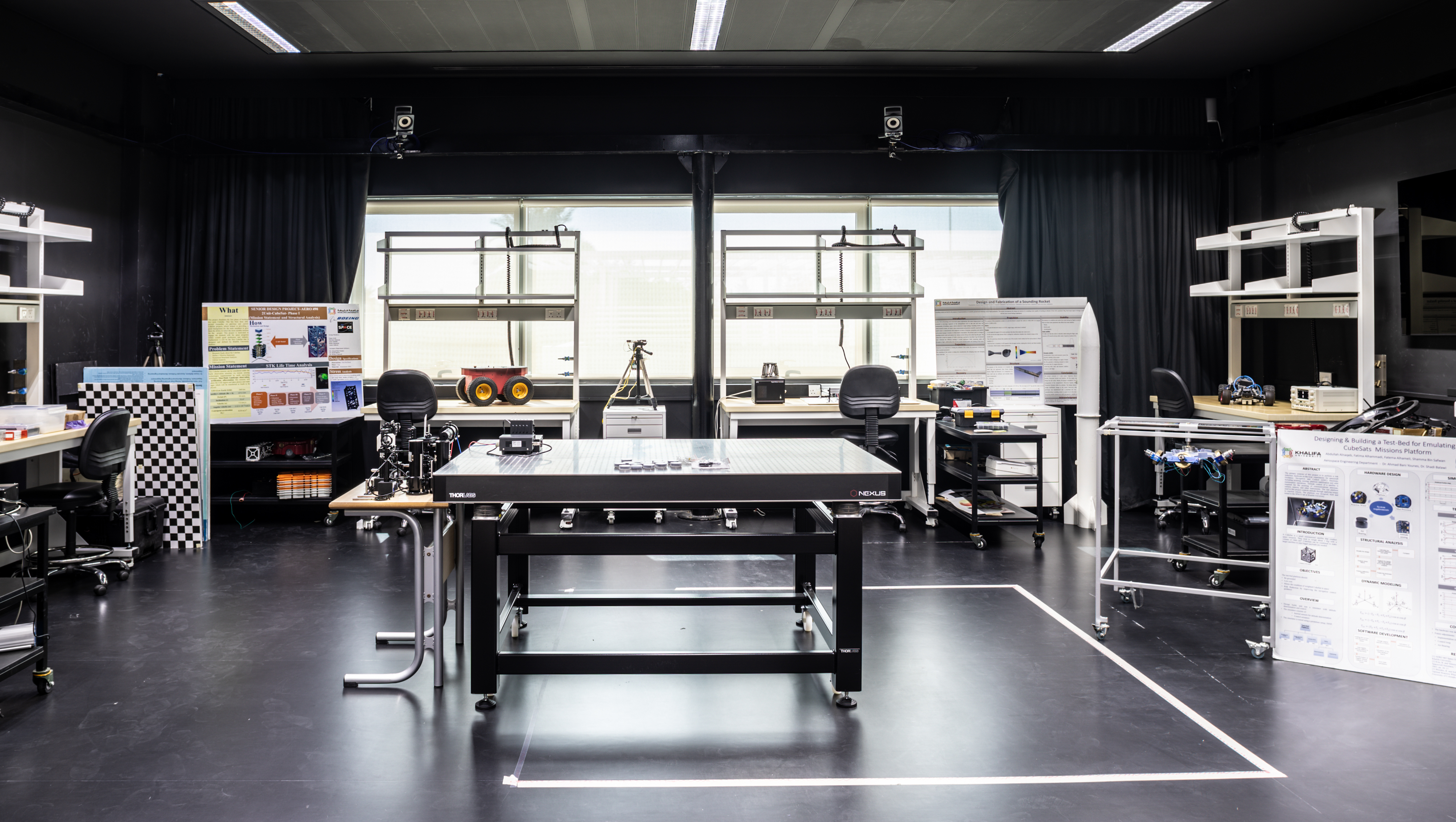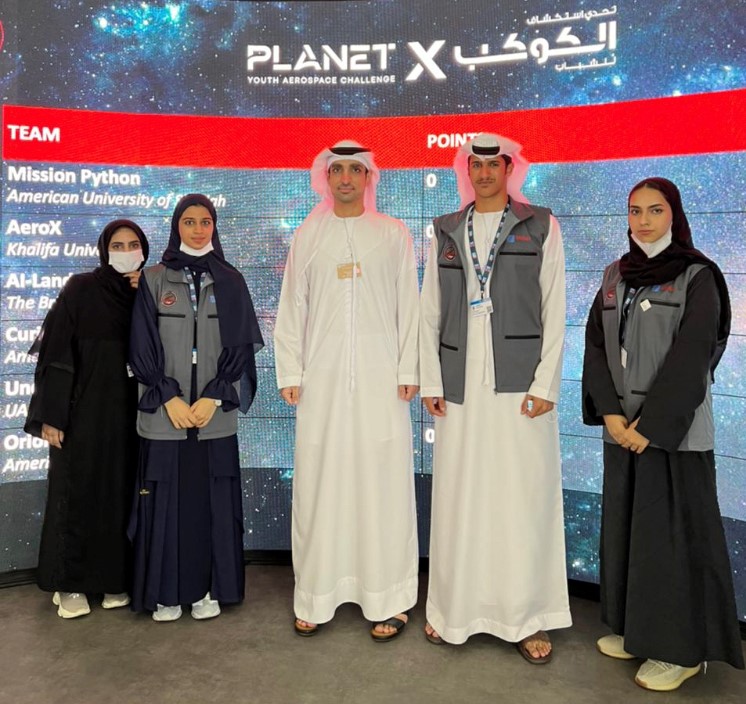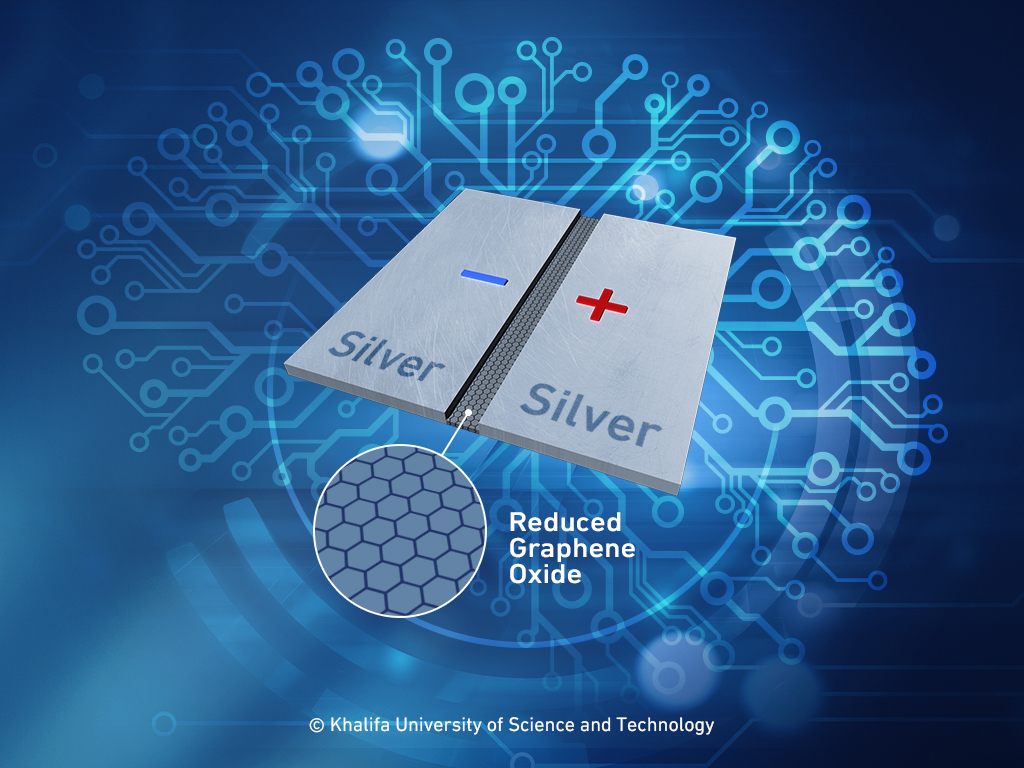KU Faculty Receives MSA Membrane Science Award for His Work on the Effects of Nanoscale Pollutants in Wastewater Treatment
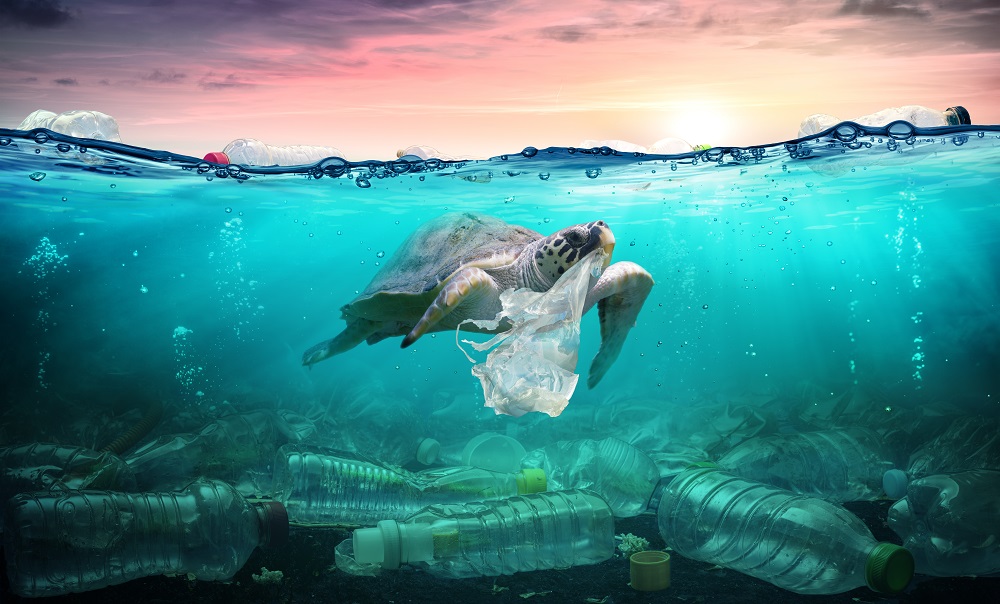
The award recognizes Dr. Dumée’s work on the impact of nano- and microplastics on wastewater treatment processes.
Dr. Ludovic Dumée, Assistant Professor of Chemical Engineering and Research and Innovation Center on CO2 and Hydrogen (RICH) faculty member, was honored by the Membrane Society of Australasia (MSA) with the MSA Membrane Science Award. The award is in recognition of Dr. Dumée’s work on the harmful effects of microplastic contaminants in wastewater treatment plants.
“I am deeply honored and delighted to receive the inaugural MSA Membrane Science Award for the impact and breadth of our research portfolio on microplastics pollution. This recognition will support my new engagement at Khalifa University and within Abu Dhabi and the UAE to tackle challenges arising from microplastics and other persistent pollutants present in waterways and oceans,” Dr. Dumée said.

Dr. Dumée is an active membranologist whose work focuses on developing advanced separation and chemical conversion technologies primarily in water and gas purification areas. His recent work on the impact of nano- and microplastics on wastewater treatment processes demonstrated major risks and challenges associated with the presence of nanoscale contaminants on secondary and tertiary treatments.
“Emerging contaminants, such as microplastics, represent operational threats to water treatment and desalination, and further studies are dearly required in this area to improve our sampling and characterization capabilities and reinforce water safety and control measure strategies,” Dr. Dumée said.
“Our team back in Australia investigated the detrimental consequences of the presence of micro and nanoplastics on wastewater treatment plants, as well as their toxicological potential on fish embryos. Besides the microplastics’ native toxicity, our team also recently published a study showcasing the potential of microplastics released in oceans to act as catalysts for rare earth and heavy metal precipitation, further increasing risks for marine life and the entire food chain, going up to human beings,” he added.
The MSA’s goal is to bring together academics, industrial professionals to further membrane science and technology within the Australasian region and promote a wider understanding of these technologies for public interest. The MSA Awards recognizes leadership in research and engagement in separation and membrane science/engineering across the region.
Below are key readings from Dr. Dumée’s group about microplastics:
Kinetic and Mechanistic Aspects of Ultrafiltration Membrane Fouling by Nano- and Microplastics
Ara Maj Cruz
Creative Writer
5 April 2021
